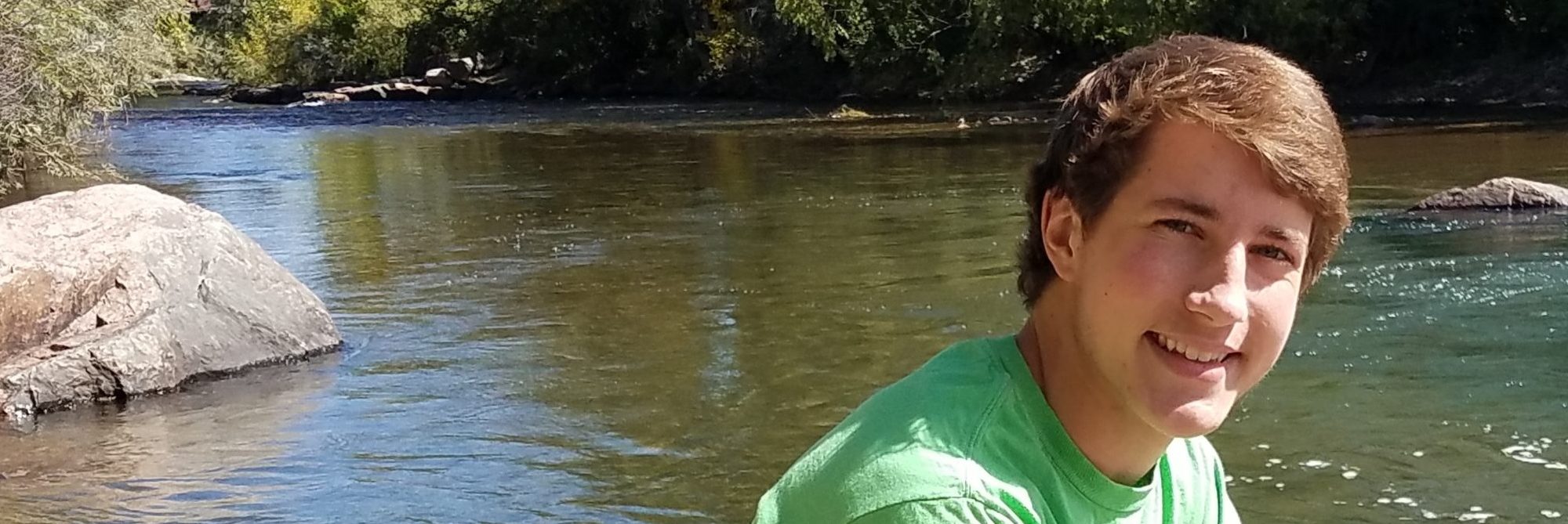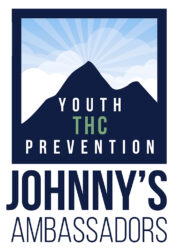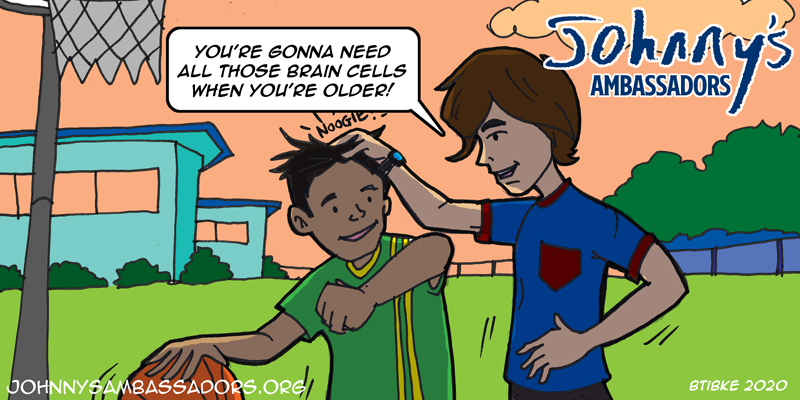By Laura Stack
Like so many important topics, it’s hard to pinpoint the perfect time to have “The Drug Talk” with your kids. You don’t need to worry about the tiny tots, since they’re rarely out of an adult’s supervision. But many experts suggest you do begin talking to your kids about drugs when they are fairly young. According to some, preschool isn’t too soon to start.
Starting early is a great way to make openly discussing drugs and their damaging effects part of your kids’ normal life experience. If you’ve talked to them about drugs for as long as they can remember, it won’t seem odd when you bring the topic up again to warn them of a new threat, or when you expand the discussion to include other forms of substance abuse.
Getting Started
Wait until your kids are old enough to understand the basics, but don’t put off the first drug talk past age 7 or 8. You want to start while they’re still young enough to trust you about everything and will listen. This starts changing soon enough, believe me!
Make your drug talks more than just a series of stern warnings. The conversations should be informal, back-and-forth conversations. Tell your kids why drugs are bad for them, especially that it hurts their brains, which get smarter and smarter as they get older. Drugs keep their brains from getting smarter. Let them ask questions and ask a few yourself until you’re sure they understand. You’re trying to keep them safe, so let them feel that.
You could begin by talking about simpler things, such as over-the-counter and prescription drugs. Ask your kids what they know about medicine and how it’s used. Explain that these drugs, while legal, are so strong that a doctor must decide whether someone needs them, and there are limits on how much should be used, or they can make you feel bad.
Also point out that if they must take medicine if they are sick, they shouldn’t let a friend use it; if a friend is taking one, your child shouldn’t use theirs, either. And they should NEVER use your prescriptions. Those are meant for grown-ups and might make them very sick, both in the body and the head.
This is also a good time to start discussing alcohol use, and how beer, wine, liquor, etc. are meant only for grown-ups. As before, ask what they know about alcohol, and check to see if they have any questions. Bring up alcohol poisoning, and how it can hurt their bodies and brains.
A little later, bring up cannabis in the same way: by gently asking questions, and answering theirs. This is crucial: as of June 2020, all but 11 U.S. states have legalized or decriminalized cannabis use, with legislation that may legalize cannabis pending in several other states. Cannabis remains the most widely used illegal drug in the world, and it may be a gateway to harder drugs.
Worse, new products containing highly concentrated forms of its active ingredient, THC, have made cannabis increasingly dangerous. Make sure your children know extracted cannabis by their common names – marijuana, reefer, pot, grass, weed, bud, wax, dabs, BHO, budder, etc. – so they can avoid it no matter what someone calls it. Stress that while some people think marijuana is a mild drug, today’s marijuana is much, much stronger than before and can have terrible effects on their minds. In language they can understand, it can make you sick in the head, hurt your brain, make you dumb, and make you lazy.
The Risk of Suicide
All illicit drugs and alcohol are poisons, and so are many prescription drugs if abused. Don’t hide this from little kids. In simple terms, tell them every single drug can damage body, brain, and soul while they’re still growing up. If you use Mr. Yuk stickers for dangerous household substances, tell them they should think about Mr. Yuk when they think about drugs.
Cannabis alone can cause panic and anxiety attacks, schizophrenia, psychotic episodes, paranoia, and deep depression. This may be hard to explain to little kids, so it may be best to just tell them drugs can make you feel very scared, very sad, and very afraid.
All these effects can contribute to suicidal thoughts that may lead to actual suicide. As I wrote in Part I, my son Johnny exhibited extreme delusion, paranoia, and symptoms of schizophrenia before he took his own life.
Yes, my husband John and I were proactive and had these conversations with all three of our children, including Johnny. But that doesn’t mean you should give up. A child uninformed about drugs is a child in danger.
Social Pressure
As your kids move toward their tween years, peer pressure will become a factor in their decision-making. You can’t easily isolate your kids from those things, but you can challenge what they claim. Check in regularly with your kids to see what they’re hearing about drugs.
Depending on your state, your kids may be exposed to legalized cannabis in various forms, including edibles like candy, snacks, and ice cream. As a result, it may seem “okay” or “yummy” to them. Make sure they understand that just because something is legal, that doesn’t make it good for them. There is a reason why it’s illegal under 21 – their brains are still growing.
If you’re with your child in a location selling such products, remind them those are for adults only. If you’re watching a movie or TV together and you see a character doing drugs or drinking too much, use it as an opportunity to remind your child of the negative aspects of drug use and that it’s not cool at all.
Growing Up and Moving On
Whatever you do, stay engaged with your child’s life. Know who they are, and who their friends are. Talking to your kids about drugs is a duty that doesn’t end even when they’re off to college.
Next week, check our blog for a discussion about how to talk about to your kids about drugs once they enter that uncertain stage between child and adolescent —the tween years of 10-12. Keep talking to your kids about the dangers of drugs. It may save their lives. That’s our goal here at Johnny’s Ambassadors.


